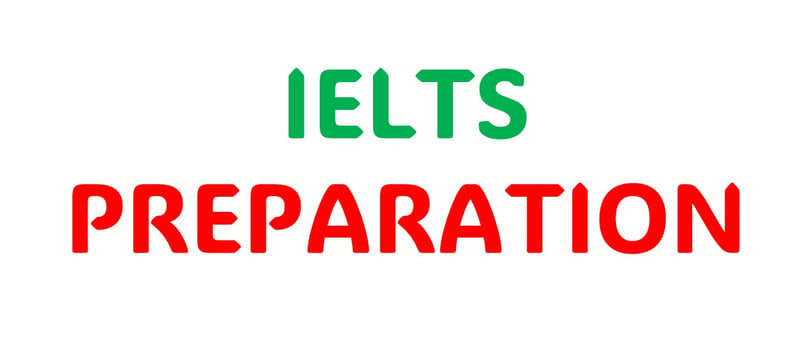How to Start Preparing for IELTS as a Beginner?
A beginner-friendly guide to IELTS preparation, covering essential steps like understanding the format, improving English skills, managing time, and staying motivated for achieving your desired band score.
SUPPORT


The International English Language Testing System (IELTS) is one of the most recognized English proficiency tests worldwide. If you're a beginner, preparing for IELTS can feel overwhelming. However, with the right approach, you can make your preparation smooth and effective. Here’s a guide to get started.
1. Understand the Test Format
IELTS has four sections: Listening, Reading, Writing, and Speaking.
Listening: 4 recordings, 30 minutes.
Reading: 3 passages, 60 minutes.
Writing: 2 tasks, 60 minutes.
Speaking: 3 parts, 11–14 minutes.
Get familiar with the question types and structure to reduce anxiety.
2. Set a Realistic Goal
Identify the band score you need for your purposes (e.g., university admission or immigration). This will help you tailor your preparation accordingly.
3. Improve Your General English Skills
Before diving into test strategies, work on your basic English skills:
Listening: Watch English movies, listen to podcasts, and focus on understanding different accents.
Reading: Read newspapers, articles, and books in English.
Writing: Practice writing essays and letters on general topics.
Speaking: Converse in English with friends or practice in front of a mirror.
4. Use Official IELTS Materials
Start with official resources like the IELTS practice books, sample papers, and the IELTS website. These materials give you a clear idea of what to expect.
5. Build a Study Plan
Create a schedule based on the time you have until your test date. Dedicate specific time slots to each section of the exam, focusing on your weaker areas.
6. Practice Time Management
Each section of the IELTS is timed. Regularly practice under exam conditions to improve your speed and accuracy.
7. Take Mock Tests
Mock tests are essential to gauge your progress. They help identify your strengths and areas needing improvement.
8. Get Feedback
If possible, take help from a tutor or join an IELTS preparation course. Feedback on your speaking and writing is invaluable.
9. Stay Consistent and Motivated
Consistency is key. Prepare regularly and celebrate small milestones to stay motivated.
10. Take Care of Yourself
Good preparation also involves taking care of your health. Sleep well, eat nutritious food, and manage stress effectively.
Happy Learning and Good Luck!
